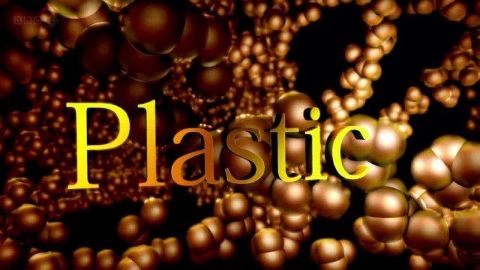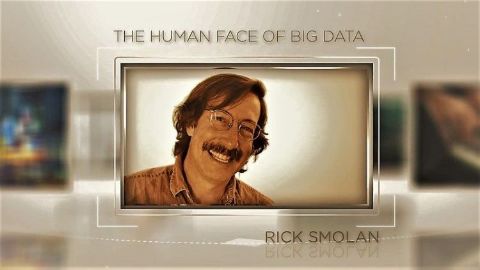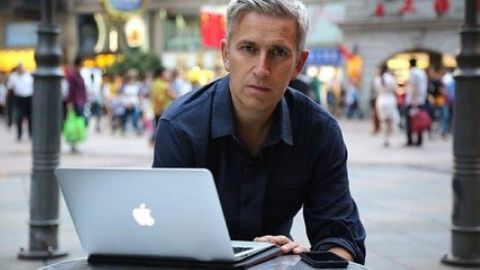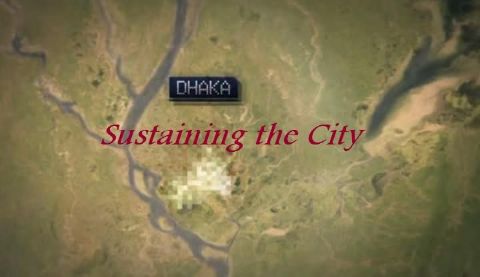Metal • 2012 • episode "S1E1" • How It Works
From the Stone Age to the Silicon Age, materials have helped drive forward our civilisation. By manipulating materials we have been able to transform our world and our lives - and never more so than in the past century when we have discovered and designed more materials than at any other time in human history. (Part 1: Metal) Professor Mark Miodownik travels to Israel to trace the history of our love affair with gleaming, lustrous metal. He learns how we first extracted glinting copper from dull rock and used it to shape our world and reveals how our eternal quest for lighter, stronger metals led us to forge hard, sharp steel from malleable iron and to create complex alloys in order to conquer the skies. He investigates metals at the atomic level to reveal mysterious properties such as why they get stronger when they are hit, and he discovers how metal crystals can be grown to survive inside one of our most extreme environments - the jet engine.
Make a donation
Buy a brother a hot coffee? Or a cold beer?
Hope you're finding these documentaries fascinating and eye-opening. It's just me, working hard behind the scenes to bring you this enriching content.
Running and maintaining a website like this takes time and resources. That's why I'm reaching out to you. If you appreciate what I do and would like to support my efforts, would you consider "buying me a coffee"?
Donation addresses
BTC: bc1q8ldskxh4x9qnddhcrgcun8rtvddeldm2a07r2v
ETH: 0x5CCAAA1afc5c5D814129d99277dDb5A979672116
With your donation through , you can show your appreciation and help me keep this project going. Every contribution, no matter how small, makes a significant impact. It goes directly towards covering server costs.








